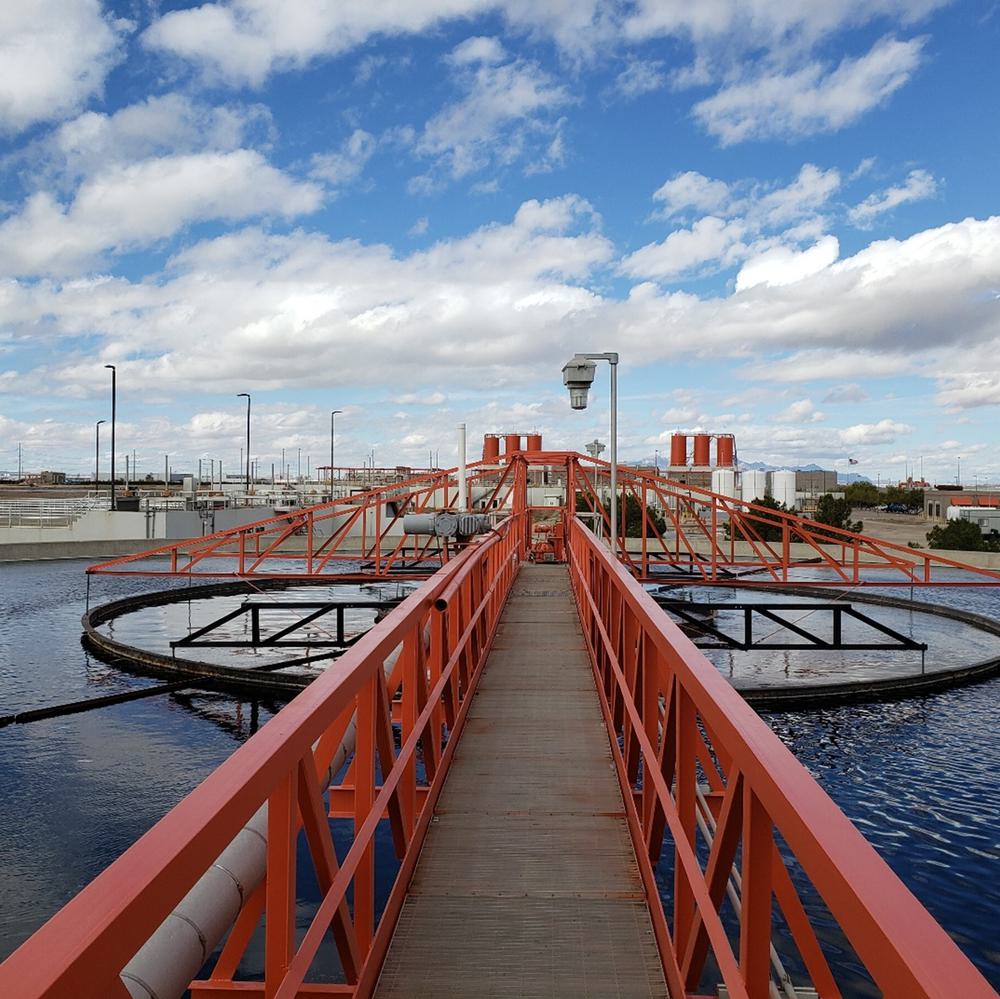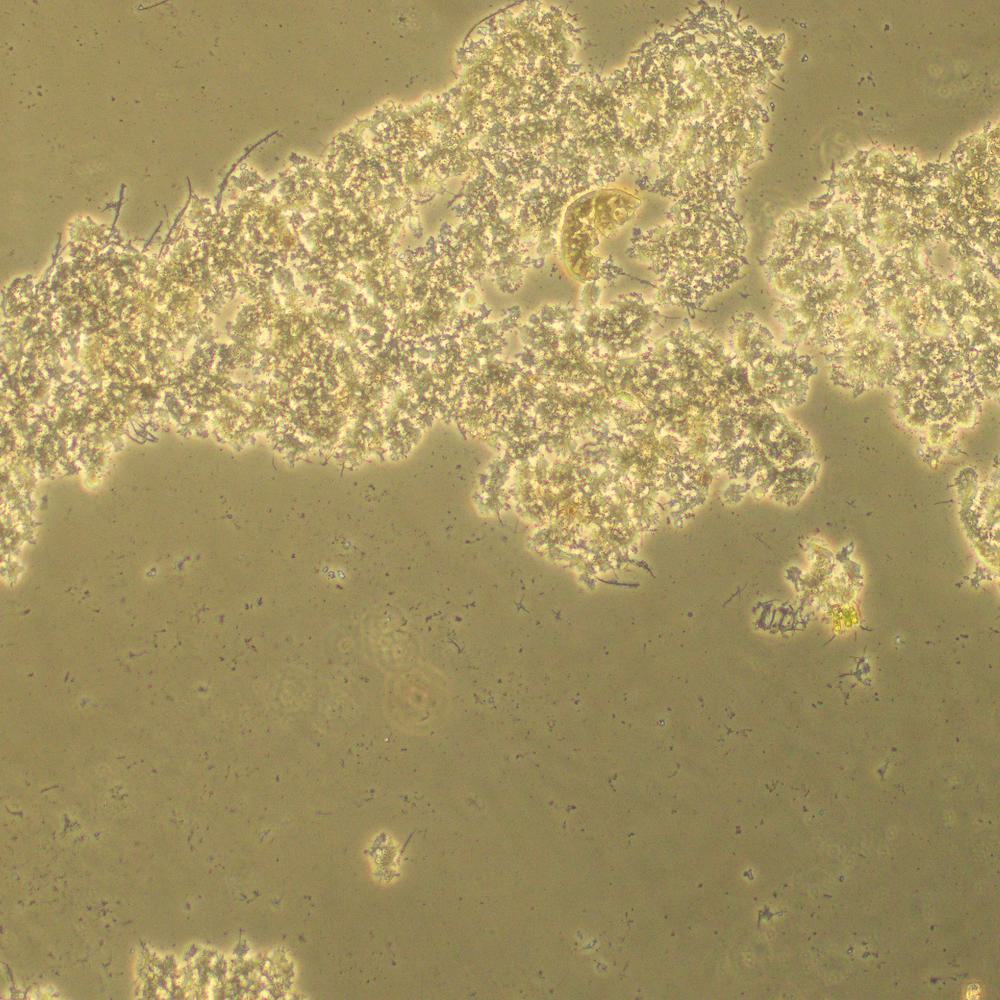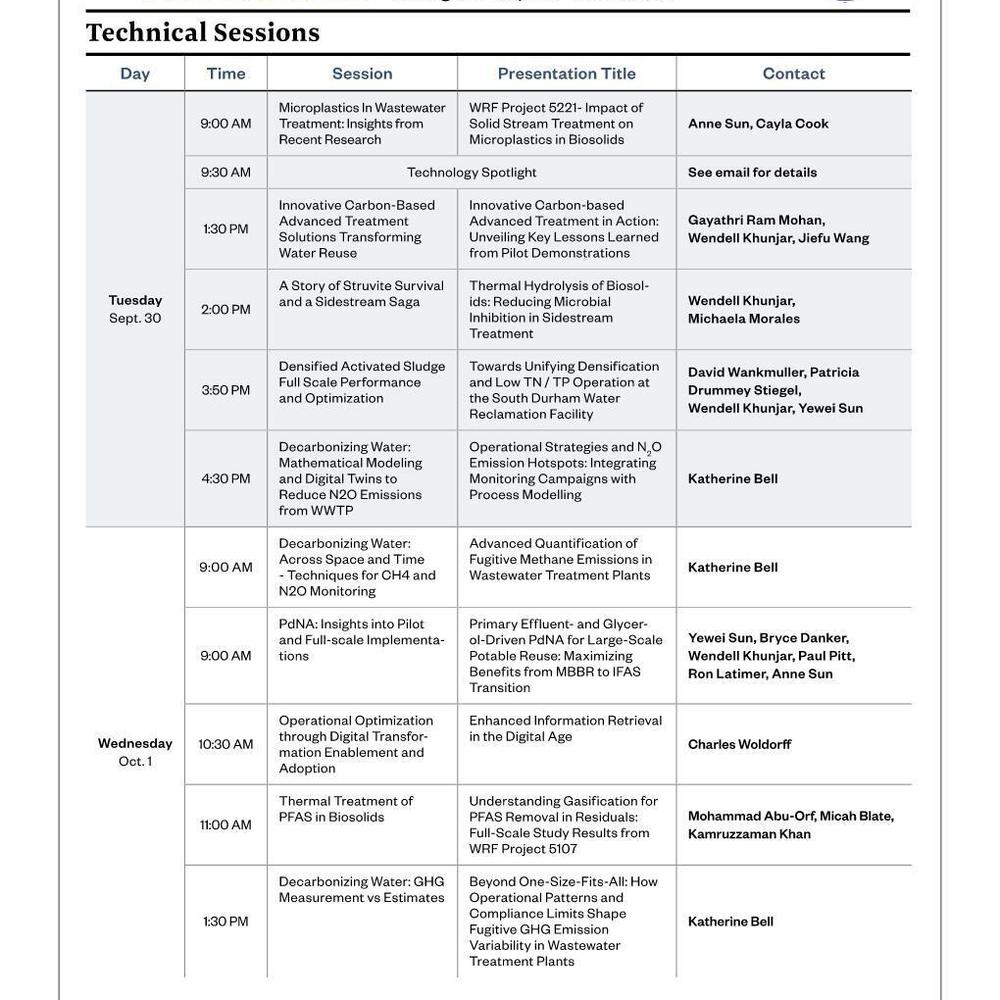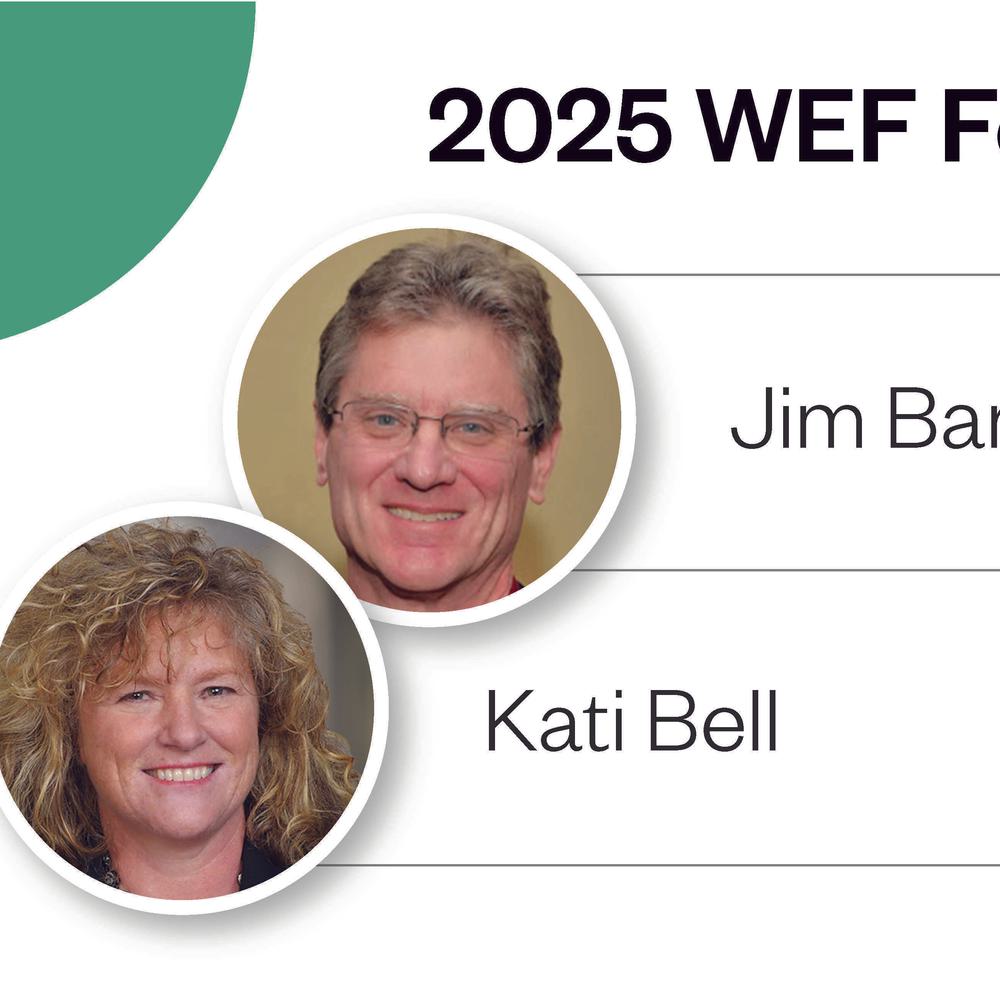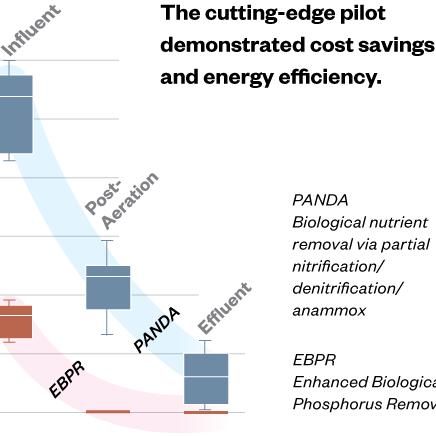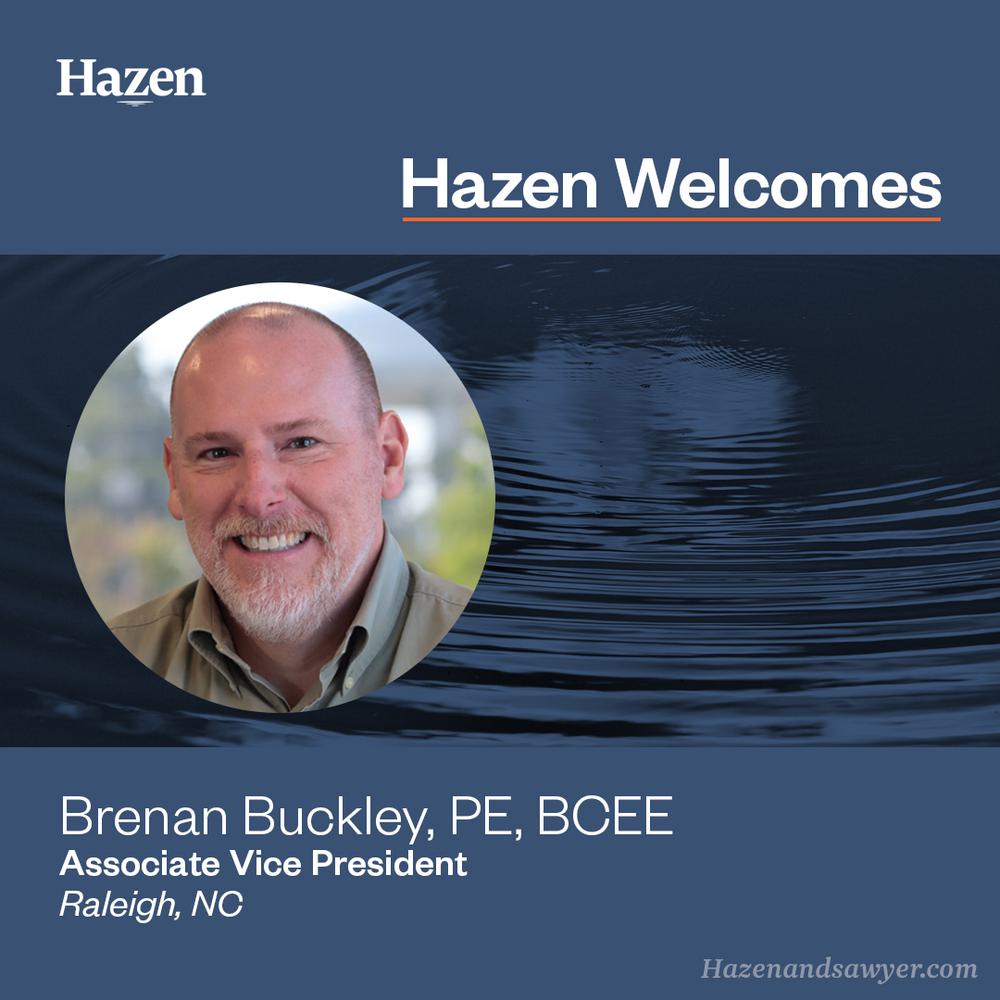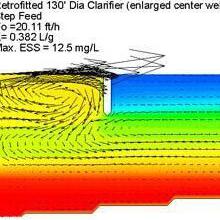Metro Water Recovery Phosphorus Sequestration and Recovery
This $22M struvite recovery project at the 220-mgd Robert W. Hite Treatment Facility (RWHTF) in Denver, CO improved plant operation and maintenance, resulting in a 7-10% reduction in biosolids hauling requirements.
Metro Water Recovery (Metro) staff historically experienced significant struvite precipitation in the digester complex at RWHTF and downstream, which complicated plant operation and maintenance and reduced dewatering performance.
Hazen, in partnership with Stantec, provided planning, design, and construction phase services to evaluate struvite sequestration and recovery options and implement the preferred alternative.
The project team evaluated two struvite recovery approaches - pre-dewatering and post-dewatering (i.e., centrate) - against a baseline approach using ferric chloride to bind phosphate.
Superior Struvite Solutions
We worked with Metro Water Recovery to evaluate struvite sequestration and recovery options and implement the preferred alternative.

Hazen conducted a business case evaluation incorporating vendor information, full-plant steady state process modeling, thermodynamic modeling, pilot experiment, historic RWHTF data, comparable case studies, and Metro input. As a result, Hazen recommended the one-reactor pre-dewatering alternative based on an $8M 20-year net present value and 10-year payback period.
This project pilot tested the Ostara Pearl® and CNP MagPrex™ recovery systems, which achieved 82% and >90% conversion of ortho-phosphate to struvite, respectively. In addition, the MagPrex™ process resulted in a 15% to 20% reduction in dewatering polymer demand and 2% to 3.5% increase in cake solids concentrations, indicating a 7% to 10% reduction in biosolids hauling requirements could be expected.
Project Outcomes and Benefits
- Through a business case evaluation, we identified that the pre-dewatering phosphorus recovery alternatives offered greater net present value than post-dewatering phosphorus recovery alternatives.
- The MagPrex™ process resulted in a 15% to 20% reduction in dewatering polymer demand and 2% to 3.5% increase in cake solids concentrations, indicating a 7% to 10% reduction in biosolids hauling requirements could be expected.
- Coordinated with manufacturer on performance requirements based on the pilot testing, then aided Metro in directly procuring equipment to expedite project delivery.
- Hazen remained involved during the construction phase to support construction, startup, and optimization of the new system.
- The reduced nuisance struvite formation will lower labor-intensive activities such as pipeline jetting and digester cleaning, decrease costly chemical addition, and increase dewatering performance.




